George White, inclusion lead and RE teacher at St Paul’s Catholic School, transitioned while starting a job at his childhood school. He tells Jess Staufenberg why openness about being transgender matters to him – and calls for clearer guidance from government
It was a Tuesday night and George White was shopping for a suit to wear to a school interview the next day. After years of gender dysphoria he was transitioning from a woman to a man, and this would be his first school where he could be himself.
He did the interview at St Paul’s Catholic school, an academy in Leicester, and bagged the job. Then it was back to his old school.
“So, one day I was Miss White, then I was Mr White, then I was Miss White again,” he says with frank openness. “But that was fine, because I knew I was going back.”
White was moving partly because of an experience at a previous school, which he doesn’t wish to name, where two pupils had come out as transgender.
“The headteacher wrote this really accepting letter,” smiles White. “But then there was a load of backlash from parents and from Catholic media. And I realised if I was going to stay, then that transition was going to be public.”
White had good reason to be cautious. Hate crimes against transgender people have rocketed by 56 per cent in a year (to almost 156,000 offences in 2020-21).
Meanwhile, schools like White’s have been left to tackle transphobic bullying and to support transgender students with only broad laws to guide them.
For instance, the relationships, sex and health education curriculum has just two paragraphs under “LGBT”: that schools “should ensure that the needs of all pupils are appropriately met”, comply with the Equality Act under which gender reassignment is a protected characteristic but also ensure their teaching is “sensitive and age appropriate”.
Schools are still awaiting guidance from the Department for Education on approaching issues around sex and gender which, according to then-education secretary Nadhim Zahawi in April, it is producing with the Equality and Human Rights Commission.
The guidance should “allow the frontline to feel that they have the backing and confidence of the department”, said Zahawi.
And just this week, the DfE removed transgender rights charity Mermaids from its mental health resources for schools after the Charity Commission launched a compliance probe over safeguarding. The charity has said it is the target of a “cynical attack”.
All this means teachers such as White have developed inside a school system operating without clear guidance, even as social media has become more heated.
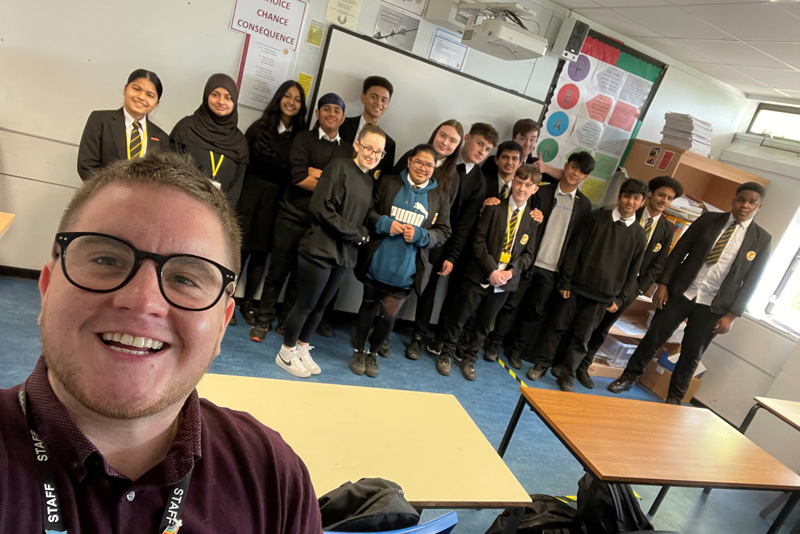
Transitioning while a new RE teacher wasn’t always easy. But he speaks lightly and with great comic timing as he recounts what it’s been like.
“When I started, I had only been on hormones for a month and I hadn’t had chest surgery,” he begins. The school had reassured White he didn’t need to explain himself to staff or students.
Although this was a supportive position, White finds being more transparent works better for him.
“If that was me now, I’d have wanted to be more open at the time. There was some tricky behaviour [from pupils], with questions like ‘are you a man or a woman?’ I wasn’t sure what I was able to say.”
Catholic response
White is also Catholic and has always worked in Catholic schools (his current employer is the St Thomas Aquinas Catholic multi academy trust), which must follow both DfE guidance and guidance from the Catholic Church.
In a publication from the Catholic Education Service called ‘Made in God’s Image: Challenging homophobic and biphobic bullying in Catholic schools’, transphobia isn’t specifically covered.
But it does say “teachers should not discuss their own sexual orientation” which doesn’t seem quite in the spirit of openness White finds helpful.
“Transphobia is one of the obvious omissions from there, I think because it was released five years ago, and the Church was at a point where it didn’t know what to say.
“I presume what they’re trying to say is you don’t have to talk about it, it’s your private life. But there is that element of fear and it doesn’t necessarily allow for honesty.”
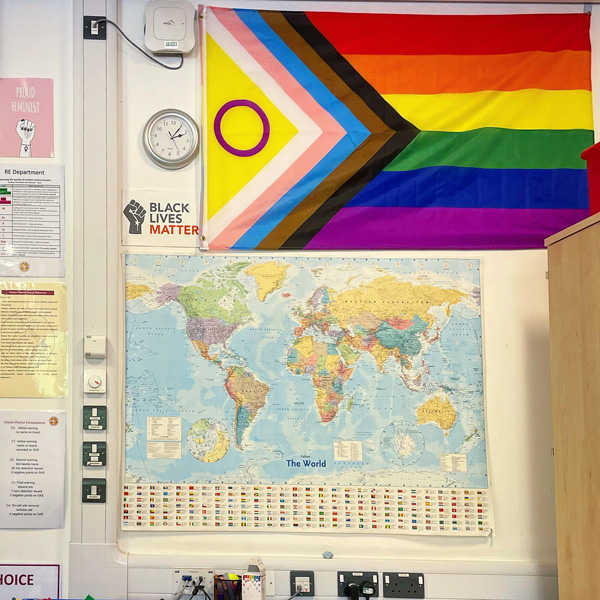
So, as well as waiting for government advice, Catholic schools are also waiting for “clear guidance from the Catholic Church itself”, explains White.
The Vatican City did release a paper called ‘Male and Female, He Created Them: Towards a path of dialogue on gender theory in education’ in 2019. It calls for an “environment of trust, calmness and openness” in schools.
But, it also says that “Catholic educators are called to go beyond all ideological reductionism or homologizing relativism by remaining faithful to their own gospel-based identity”.
“It would be helpful to have something from the government, because at the moment there’s confusion in terms of the legality of situations,” says White. “Hence, teachers on the frontline end up having to deal with the issues of coming out.”
Right now, there’s confusion in terms of the legality of situations
But “there needs to be training too, not just a trickle-down document.”
Meanwhile, his own school altered its disciplinary processes in 2020 to better support all staff and pupils around transphobia.
“One of the things you need to do is be very specific about what you’re talking about. If it’s about discriminatory language, that needs to be clearly labelled,” explains White.
First, offending students are kept behind after school for a conversation with the chaplain. If the incident happens again, the pupil will be suspended to reflect on their actions.
“A number of incidents had happened to me,” says White. “It became clear that, without explicit notions, the behaviour was very difficult to challenge.”
But White is clear that he has also been hugely supported by his Catholic colleagues, and by the Catholic social circles he is part of.
He is the inclusion lead at his school, sits on the LGBT+ pastoral team at Nottingham diocese, and is a committee member at a charity providing support for LGBT Catholics, including teachers.
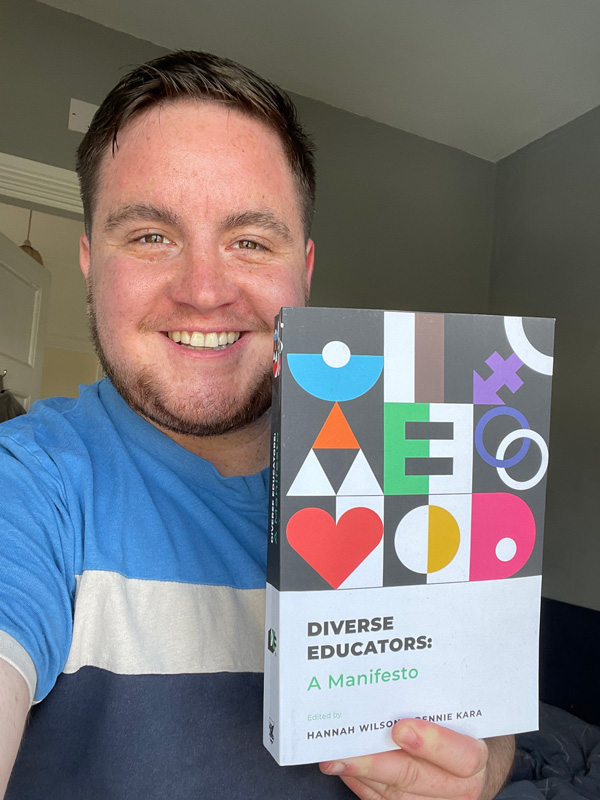
Openness and transparency
When he treats his pupils with openness and transparency, they are more open and reflective too, he says.
For instance, when the school was planning conversations around harmful sexual behaviours following the #MeToo and Everyone’s Invited movements, posters condemning the ‘Boys will be boys’ phrase were pinned up.
“But some of the boys were upset and took them down, asking what it meant. This upset some of the girls,” White continues.
So, he talked to the pupils about his experiences when living as a woman, compared to his experiences living as a man, and opened up a discussion between the upset parties.
“They listened to each other,” he smiles.
This spirit of openness has its roots in White’s own secondary school experience – at the very school he teaches at today. Staff put in “a lot of time and effort” as he struggled in adolescence. It inspired him into teaching later.
“I had so many teachers who stuck by me. I remember one, she was asking me questions and I wasn’t able to speak. She just sat on the floor with me for a long time.”
Similarly, White grew up in a family which has been accepting and supportive.
He remembers switching the TV off to tell his parents and twin sister he was considering his gender identity. “They just said, ‘ok, we still love you’, and we put the telly back on,” he laughs. “I always knew they would love me.”
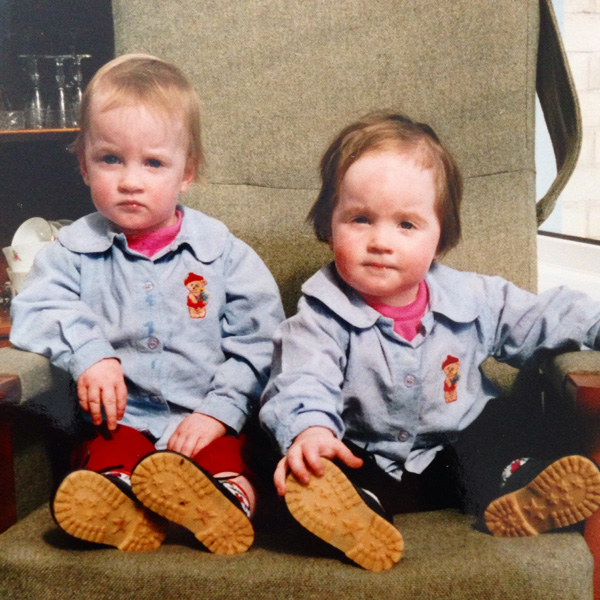
White reflects on how all this influenced him as a teacher. “Catholic schools are about educating the whole person. You do that by being emotionally honest, with boundaries.
To teach the whole person, you need to be emotionally honest
“Or to put it another way, as a child I couldn’t tell you who the Ofsted-outstanding teacher was. But I could tell you the ones who made me feel like a person. That is the mark of a good teacher.”
There is still a cloak of invisibility over transgender pupils and staff across the sector, however. Currently LGBT identities are not counted in pupil population or staff workforce data (now, just gender, ethnicity and age are recorded).
But of course not all transgender individuals will want to be recognised as such.
“I know teachers who are ‘stealth’ at school,” explains White. “They like it that way.”
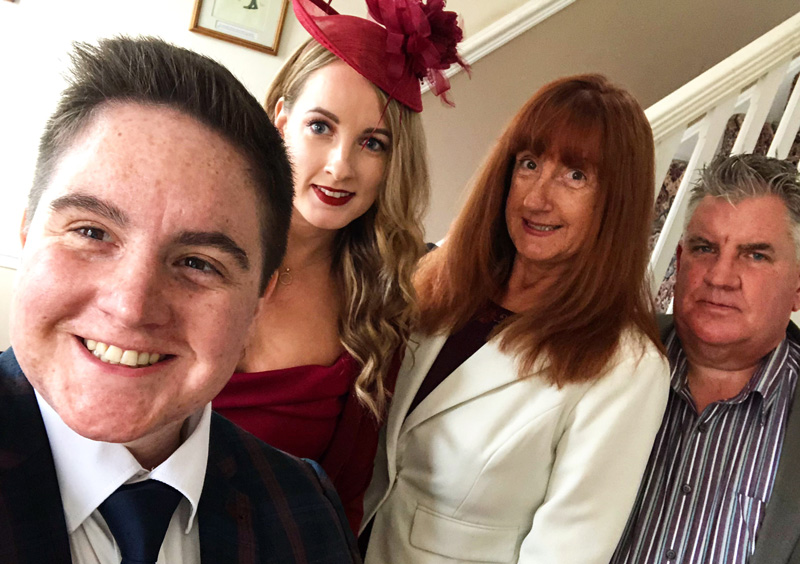
Training and guidance needed
Given these sensitive questions, government guidance and training on supporting transgender students and staff is needed more than ever.
But what will it say? Many educators were concerned when former attorney general and now home secretary Suella Braverman said in May that schools can ignore pupil requests for pronoun or name changes – despite lawyers warning it could breach the Equality Act.
It means we cannot assume the days of Section 28, which criminalised school staff “promoting homosexuality” until 2003, could never return, says White.
“I think there’s an element of an implicit Section 28 in Suella Braverman’s comments. People find it a very significant challenge when there’s no real guidance.”
Above all, White is calling for nuance, whether about Catholicism or transgender people. “The media often portrays one thing. But we need a sense of proportion. What we hear is so often not the case.”














Your thoughts